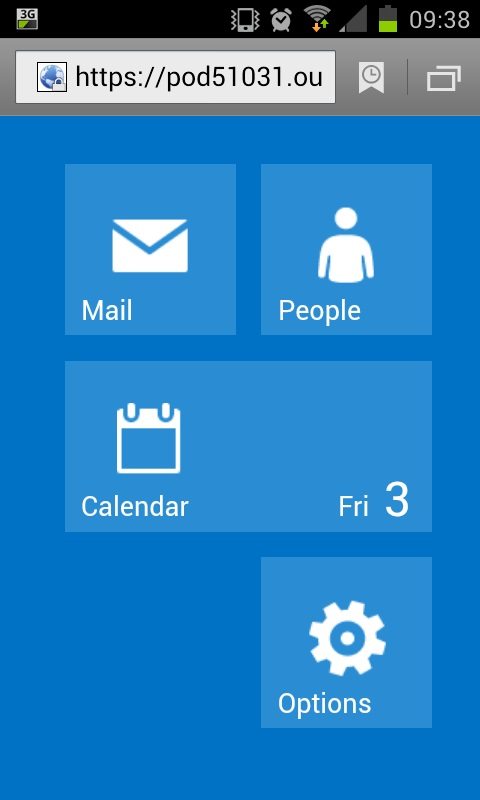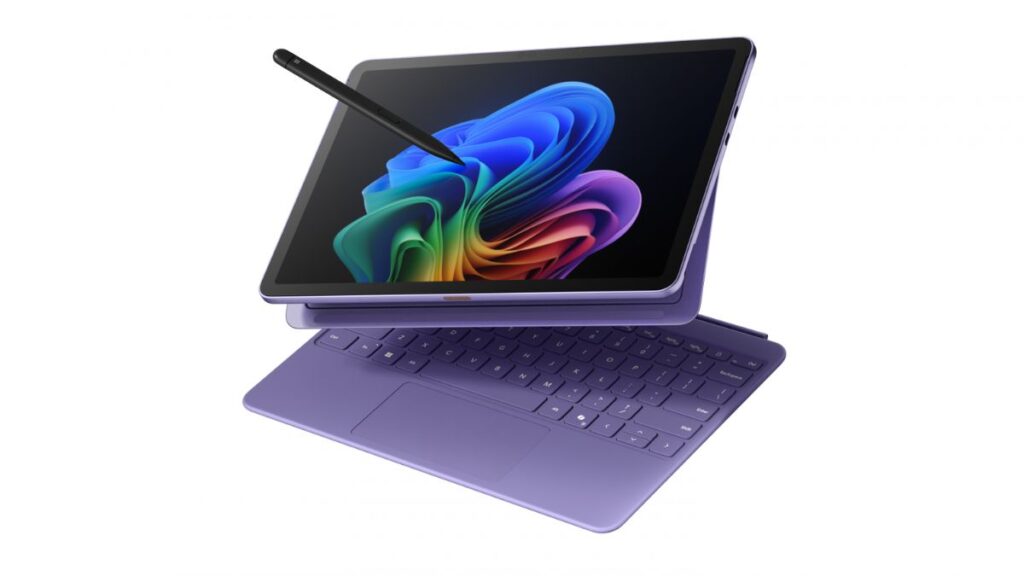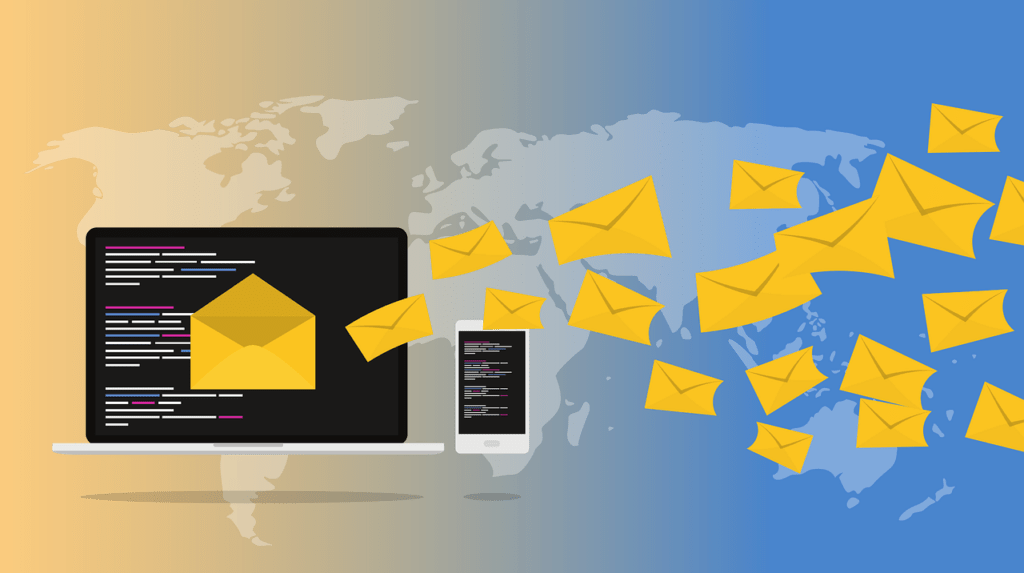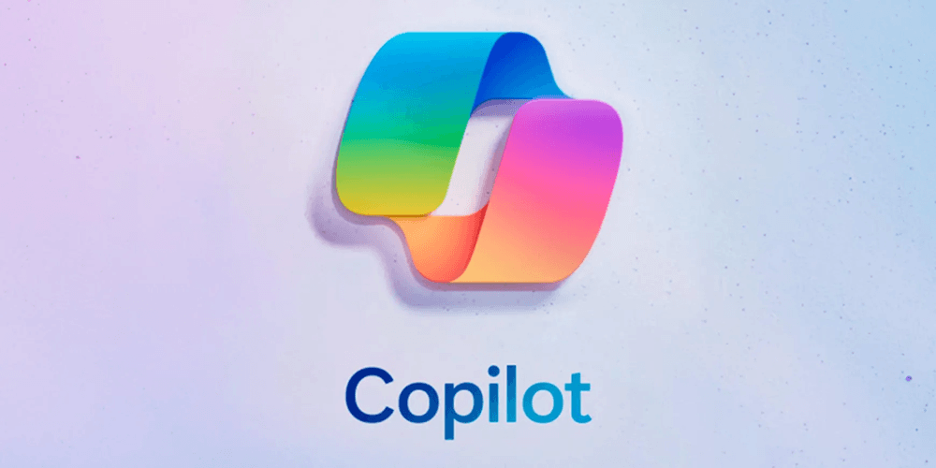Microsoft and Apple have traditionally approached computing and technology from two very different perspectives. Microsoft generally embraces a more open, collaborative philosophy that gives OEM partners and developers freedom to mold the experience as they see fit. Apple, on the other hand, exerts somewhat draconian control over the complete hardware and software experience–allowing little, if any, deviation. Microsoft is starting to see the value in the Apple philosophy, though.
Freedom is great. But, with freedom comes chaos and unpredictability. As long as hardware and software vendors are allowed to implement Microsoft software and services as they choose, the user experience on one device might differ greatly from the user experience on another device even though both devices are technically providing the same underlying tools or services. That may be OK to a point, but when issues arise it reflects poorly on Microsoft and its tools and services–not on the third party vendor that screwed them up.
OWA for Devices is an effort by Microsoft that borrows a page from the Apple playbook. It replaces freedom with consistency because it enables Microsoft to own the Outlook experience regardless of platform or device. Microsoft relies on customers to continue subscribing to Office 365, and continue using backend servers like Exchange, SharePoint and Lync no matter what smartphone, tablet, or PC they’re using. In order to maintain that sort of cross-platform loyalty, though, Microsoft needs to ensure a consistent user experience for all without regard for the platform or device being used. OWA for Android is now available in a pre-release public beta, and it is the last step in the OWA for Devices initiative.
You can read more thoughts on OWA for Devices, and why it’s a good strategy for Microsoft in this article I wrote for TechRepublic: Microsoft offers consistent cross-platform experience with OWA app.



